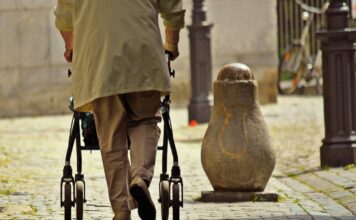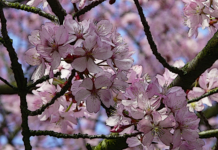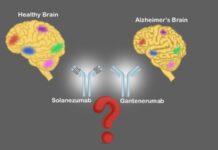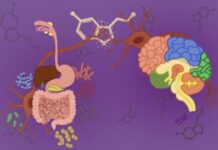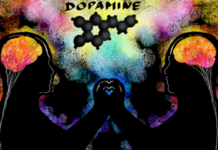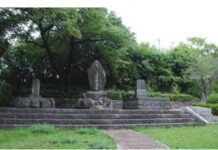Do Genes Determine Sexual Preferences?
Genetic bases of homosexuality
After the human genome sequence was completed, the popularity of genetic tests started growing, allowing us to dismantle who our ancestors...
Hydrolates: Natural Solutions as Effective as Essential Oils
Hydrolates or flower waters are known for their antimicrobial properties and are widely used in food, pharmaceutical, and cosmetological industries. They have softer action than essential oils, making them an excellent base for the production of soaps, lotions, and creams.
New Insights Treating Rare Type of Alzheimer’s Disease
In a recent article published in Nature, Randall Bateman and colleagues report new insights into the effect of treatment in patients with inherited Alzheimer's.
Scientists Discover Ebola Virus Strategy to Trick our Immune System
When a virus enters our organism, a war breaks out. Once our immune system senses the invader, it prepares to attack. But far from...
Our Ancient Gut: What can we Learn from our Ancestors’ Diet and Lifestyle?
We are what we eat. Everything that we choose to eat affects our bodies and the bacteria community, our microbiota, that lives in our...
Nonlinearity, failing principles, and COVID19
In our years of broken ideologies, few, very few principles survive. The ones that do are fairly stable. The core idea of liberalism is...
Mind the Gut: How Our Guest Bacteria Health Affects Our Brain
We are not alone, and we don't need to search further away on another planet. An entire community of microorganisms live inside our gut,...
Clever neural networks – artificial and biological
"A meticulous virtual copy of the human brain would enable basic research on brain cells and circuits or computer-based drug trials"
Henry Markram
What...
The neurotransmitter of passion
The brain is the master of human sexual behavior. It plays an important role in sexual desire, arousal, and orgasm. Sex is a complex...
Bones Found In Japan Tell The Story Of The First Samurai From England
In 1931, a Japanese team found what was believed to be the burial site of Miura Anjin, the first Samurai from England. The skeletal was then reburied, and it was only almost nine decades later that scientists excavated the site again and analysed the remains with modern techniques.


